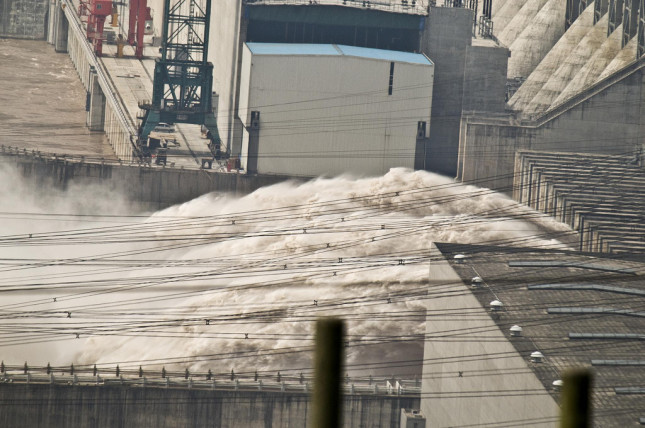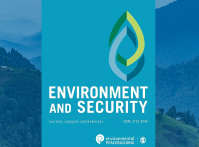-
China Is Winning the Race for Water Security in Asia

Great power competition in Asia is not only about control of critical waterways in the South China Sea, but also about who controls Asia’s fresh water. The future of Asia’s water—upon which about four billion people depend—lies in China’s hands. Through its presence in Tibet, China controls the headwaters of ten of the eleven major rivers of Asia. So far, China has taken a relatively cooperative approach to sharing water with its neighbors as part of the systematic consolidation of its “soft power” over downstream countries. But climate change and rapid growth are threatening to upset this delicate diplomatic balance. What happens when China’s own thirst outpaces its resources? And how will China’s choices affect U.S. interests in the strategic Asia-Pacific region?
China has positioned itself as a world leader on climate change and set ambitious goals for environmental protection. However, due to the pace of urban as well as industrial expansion and its often-lax enforcement of pollution control regulations, China continues to consume as much coal as the rest of the world combined. Its approach to combatting climate change and resource scarcity, which emphasizes engineering solutions over better resource management, has resulted in dramatic infrastructure projects. These include a series of hydro-electric dams meant to address the country’s severe water shortage challenges by giving it more control over the continent’s rivers, as well as to generate electricity.
These construction projects mean China can bestow or withhold water as it sees fit, leaving downstream Asian countries vulnerable to Beijing’s decisions. For example, Chinese hydroelectric dams along the Brahmaputra River have proven to be a source of friction with India, exacerbating long-simmering border disputes. Critics point to China’s South-North Water Diversion Project , which plans to divert water from the Brahmaputra to industry and cities in northern China. Although Chinese leadership has disavowed these plans, engineers have pushed for the project. Already, China has dammed and now controls the flow of the Mekong River. Yet complaints about the Mekong have been muffled, compared to India’s outcry over the Brahmaputra, in part because China has little to fear from smaller countries like Laos, Thailand, and Cambodia.
Continue reading on The National Interest.
Sherri Goodman is a Senior Fellow at the Woodrow Wilson International Center and the Center for Climate & Security, and a former Deputy Undersecretary of Defense (Environmental Security). She is the former CEO and President of the Consortium for Ocean Leadership and the founder of the CNA Military Advisory Board.
Zoe Dutton is an intern at the Wilson Center.
Sources: China Daily, The Guardian, International Rivers, The National Interest, The New York Times, Times of India
Photo Credit: Three Gorges Dam in September, 2008; courtesy of Marshall Segal.
 A Publication of the Stimson Center.
A Publication of the Stimson Center.






